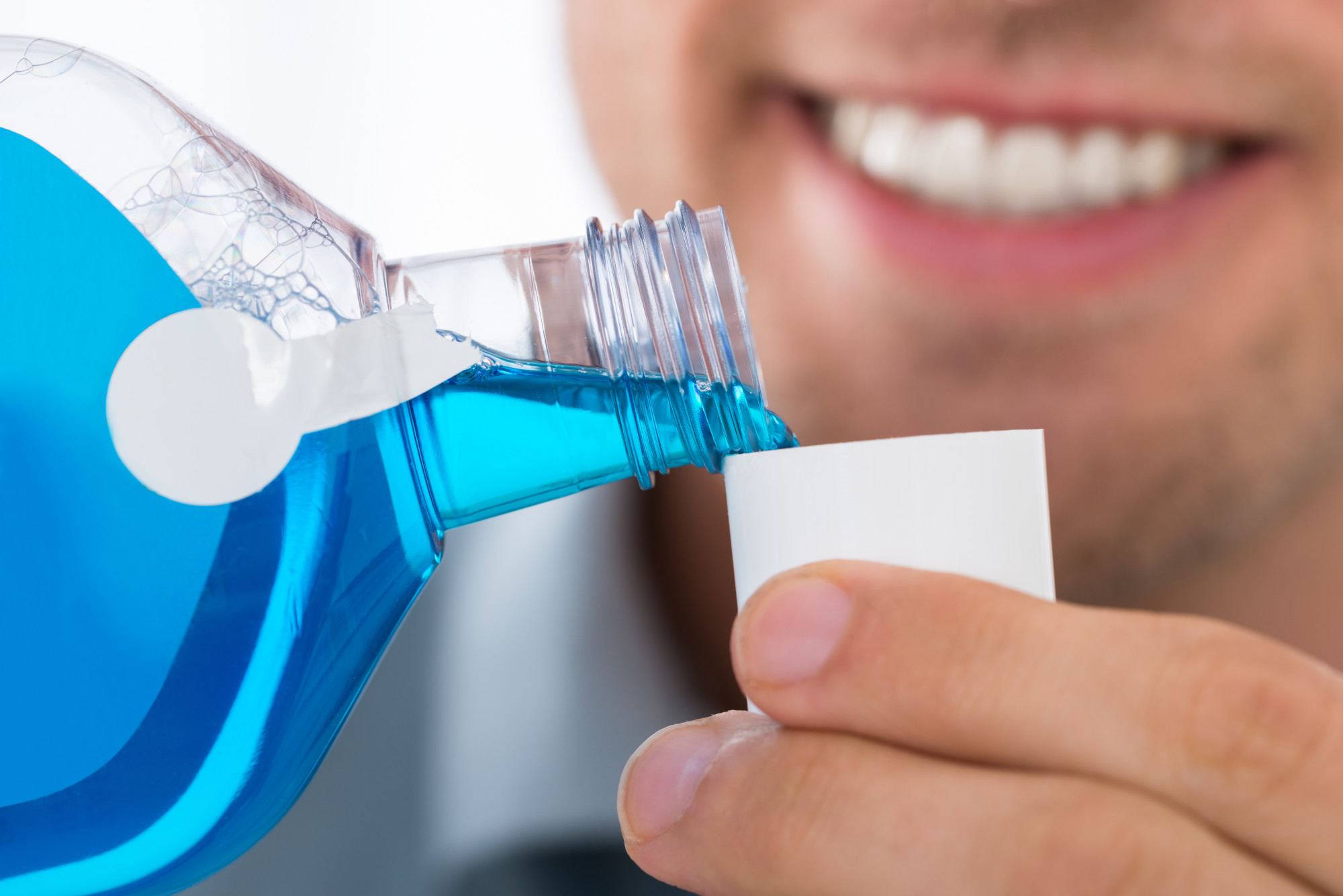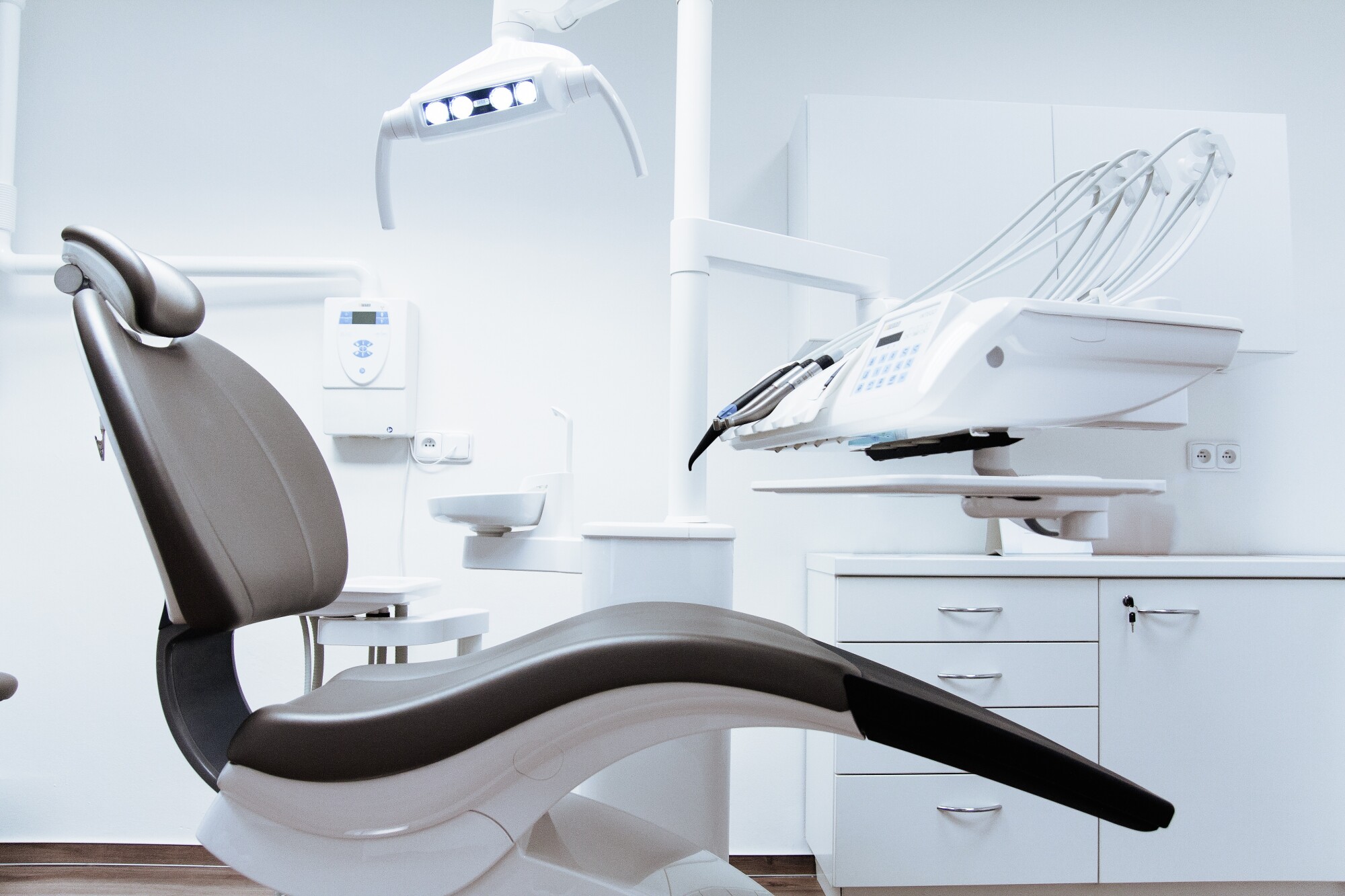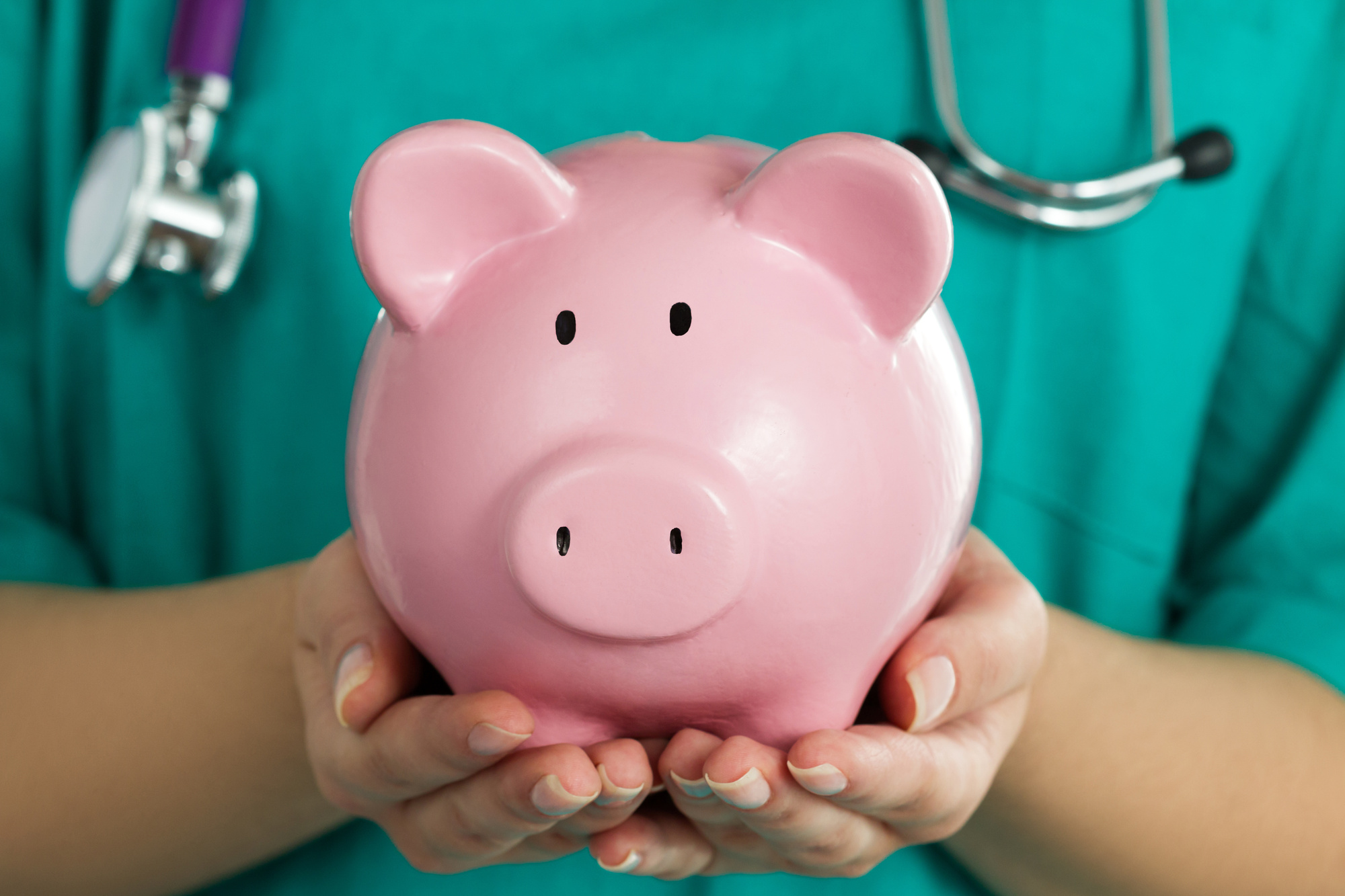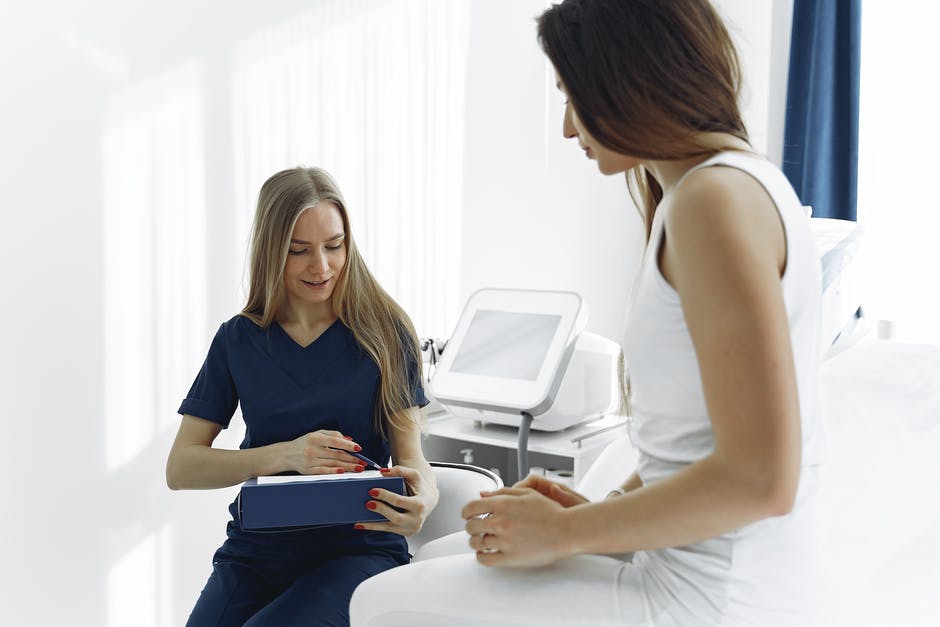How Does Mouthwash Work and Why Should You Use It?

Over 118 million people don’t use mouthwash as part of their dental routine. And many of the people who do use mouthwash don’t do so on a regular basis.
But if you’re already brushing and flossing every day, do you really need to use mouthwash too?
The short answer is yes. Mouthwash has benefits a toothbrush can’t give you.
So how does mouthwash work?
Keep reading below to learn more!
How Does Mouthwash Work?
Mouthwash is full of germ-killing ingredients, such as chlorhexidine and fluoride, that prevent plaque build-up and tooth decay.
When you swish mouthwash around in your mouth, you’re coating your teeth with a healthy layer of these ingredients. They’ll linger on your teeth and prevent harmful bacteria from forming and damaging your teeth.
But mouthwash doesn’t just benefit your teeth.
Unlike a toothbrush or a string of floss, mouthwash cleans your entire mouth, including your gums and tongue. It can also wash out hard-to-clean areas that are too small for floss.
It’s NOT a Replacement
It’s important to remember that mouthwash isn’t a replacement for regular brushing and flossing.
Mouthwash can’t clean plaque and other food debris off the teeth like a traditional toothbrush, and it can’t remove build-up between the teeth like floss. While mouthwash is a helpful tool when combined with brushing and flossing, it won’t do much good on its own.
You should still continue to brush and floss like normal when you use mouthwash.
The Benefits of Using Mouthwash
If mouthwash can’t clean your teeth the same way as a regular toothbrush, is it even worth using?
The answer is yes.
Although mouthwash can’t replicate the effects of a toothbrush, it can do many things a toothbrush can’t do. Here are a few reasons you should introduce mouthwash to your oral health routine.
1. Fixes Bad Breath
Mouthwash can temporarily reduce bad breath. The ingredients in mouthwash, specifically cetylpyridinium chloride, kills the bacteria that cause breath to stink. This leaves your mouth clean and your breath fresh.
And since there are a number of flavors to choose from, you don’t have to get stuck with “minty fresh” breath if you prefer something else.
2. Prevent Plaque from Building Up
As mentioned above, mouthwash prevents new plaque from forming on your teeth and gums. This strengthens the enamel and prevents cavities from forming.
But remember, mouthwash can’t get rid of plaque that already exists. You have to keep brushing your teeth in order to take advantage of this mouthwash benefit.
3. Removes Particles
Mouthwash can dislodge any food particles you missed (or couldn’t reach when brushing).
You can even use mouthwash before you brush your teeth to help clean out hard-to-reach areas, which can make the brushing and flossing process easier.
4. Reduce the Number of Harmful Bacteria
When you use mouthwash, you’re reducing the number of harmful bacteria that gets trapped in your mouth. This lowers your risk of developing a gum disease like gingivitis.
5. Whitens Your Teeth
Mouthwash won’t whiten your teeth in the same way as whitening treatments, but if you use mouthwash regularly, your teeth will begin to whiten over time.
But this only works if you find a mouthwash that contains peroxide as one of the main ingredients. If you want to whiten your teeth, make sure you read the ingredients in your mouthwash before you buy it.
How to Use Mouthwash
Using mouthwash is as easy as drinking, swishing, and spitting, right?
Yes and no.
There are a few other things you should think about when using mouthwash. Here’s what you need to know.
Pick the Type You Want
There are several different types of mouthwash out there, and they all do different things.
For example, some types of mouthwash prevent bad breath, some prevent tooth decay, some whiten your teeth, etc. Before you buy mouthwash, you should think about what you want your mouthwash to do.
You also have to read the ingredients carefully.
Some mouthwash contains alcohol. If you’re a recovering alcoholic or want a mouthwash the entire family can use, you might want to stay away from alcohol mouthwash.
You should also be careful with mouthwash that contains fluoride. Swallowing too much fluoride can lead to several health issues, so you might want to keep it away from children.
There are a few types of mouthwash that can negatively affect your mouth as well.
Read the Instructions
Once you have a mouthwash that suits your needs, make sure you read the instructions before you use it.
Some types of mouthwash have higher concentrations than others, and they may recommend diluting the mouthwash with water. But you shouldn’t do this unless the brand suggests it. Otherwise, you might not get the benefits of your mouthwash.
The instructions will also tell you how much mouthwash to take and how long to keep it in your mouth. For most brands, that time will be between 30 to 60 seconds.
Wait Before You Eat or Drink
You should wait at least 30 minutes before eating or drinking anything after using mouthwash. If you don’t wait, you’ll wash the fluoride (and other germ-killing ingredients) off your teeth. So you won’t reap the full benefits of your mouthwash.
Mouthwash Is an Important Part of Your Oral Health Routine
So how does mouthwash work, and should it really be a part of your oral health routine?
The short answer is yes.
Mouthwash strengthens your teeth, prevents decay, protects against gum diseases, reduces the number of bacteria in your mouth, and reduces bad breath.
Want to learn some other useful life tips?
Make sure you keep exploring the rest of our blog!



